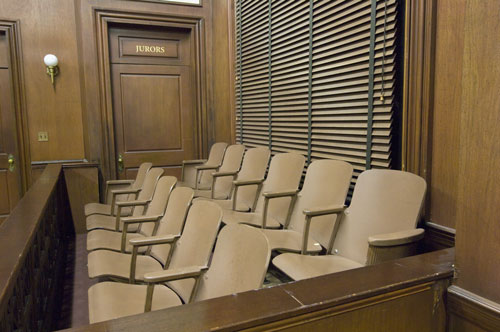The Appellate Division concluded with the following in relevant part: While we are mindful of the administrative burdens that will result from remanding a potentially large number of pipeline cases for new jury trials, we are not prepared to hold that the defendants in pipeline case are entitled to less vigorous protection of their Fifth and Sixth Amendment rights than defendants whose crimes, indictments, or trials happen to occur after June 21, 2024. See Erlinger, 602 U.S. at 842 (“There is no efficiency exception to the Fifth and Sixth Amendments.”). The notion that there can be any such differentiated enforcement of the Erlinger rule would suggest that there is another de facto retroactivity option, namely partial or attenuated application of a rule to cases pending direct appeal. We are not familiar with any such permutation in New Jersey or federal retroactivity jurisprudence.
We do not mean to suggest that the harmless constitutional error doctrine can never apply to an Erlinger violation. But this is not a situation, for example, where a jury was provided with a flawed special verdict form or faulty instructions that were not objected to by the defense. Nor is this a situation where a jury was asked to make findings on some but not all the facts needed to establish the basis for an enhanced sentence. Here, none of the required findings that we have enumerated were submitted to a jury. The violation, in other words, amounts to a complete and absolute denial of the right to a jury trial on the sentence-enhancement determination.
For all these reasons, we decline to put the cart before the proverbial horse by excusing the failure to have a jury decide defendant’s extended-term eligibility on the grounds that affording a new jury trial on remand is highly unlikely to produce a different result than the one reached by the sentencing judge. Until the United States Supreme Court has an opportunity to more fully address the practical implications of the Erlinger rule, including whether and in what circumstances harmless error analysis is appropriate, we decline to disregard the uncontroverted constitutional violation that occurred in this case.
It will be interesting to see how the New Jersey Supreme Court handles this case on appeal. If it sees fit to consider the case, in light of the large number of pending pipeline cases, it might try to predict how the United States Supreme Court will address the practical implications of Erlinger.

